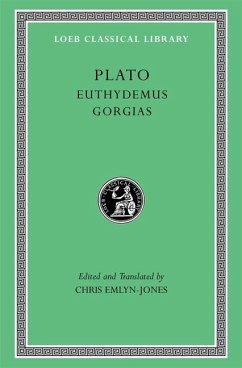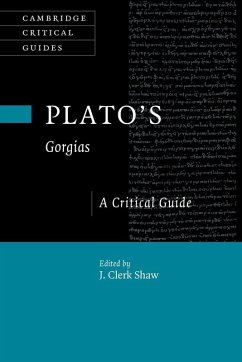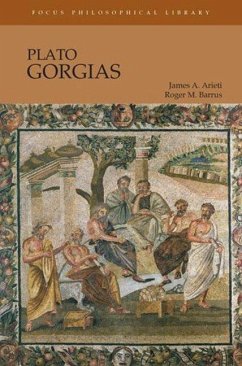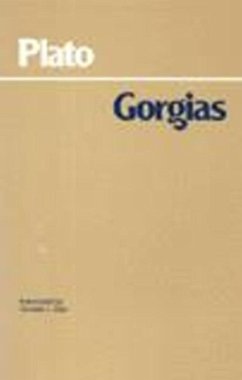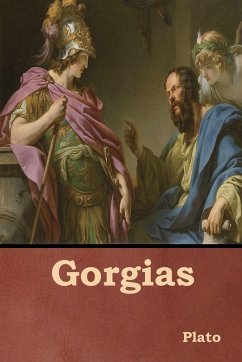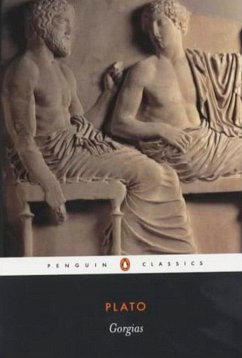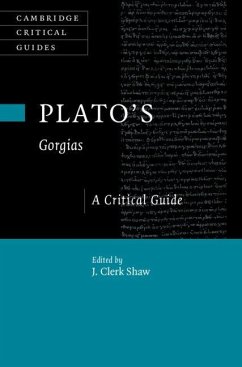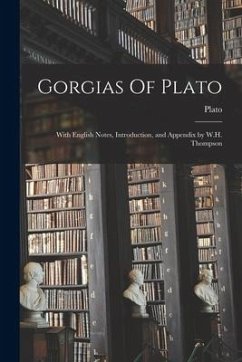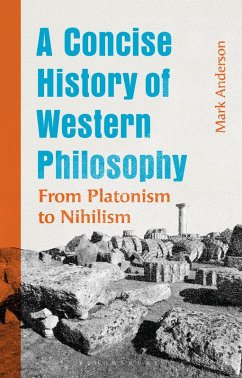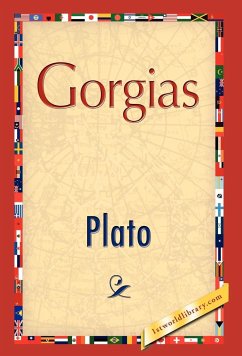
Gorgias
Versandkostenfrei!
Versandfertig in über 4 Wochen
23,99 €
inkl. MwSt.

PAYBACK Punkte
12 °P sammeln!
June 18-. Squire Hawkins sat upon the pyramid of large blocks, called the "stile," in front of his house, contemplating the morning. The locality was Obedstown, East Tennessee. You would not know that Obedstown stood on the top of a mountain, for there was nothing about the landscape to indicate it-but it did: a mountain that stretched abroad over whole counties, and rose very gradually. The district was called the "Knobs of East Tennessee," and had a reputation like Nazareth, as far as turning out any good thing was concerned. The Squire's house was a double log cabin, in a state of decay; tw...
June 18-. Squire Hawkins sat upon the pyramid of large blocks, called the "stile," in front of his house, contemplating the morning. The locality was Obedstown, East Tennessee. You would not know that Obedstown stood on the top of a mountain, for there was nothing about the landscape to indicate it-but it did: a mountain that stretched abroad over whole counties, and rose very gradually. The district was called the "Knobs of East Tennessee," and had a reputation like Nazareth, as far as turning out any good thing was concerned. The Squire's house was a double log cabin, in a state of decay; two or three gaunt hounds lay asleep about the threshold, and lifted their heads sadly whenever Mrs. Hawkins or the children stepped in and out over their bodies. Rubbish was scattered about the grassless yard; a bench stood near the door with a tin wash basin on it and a pail of water and a gourd; a cat had begun to drink from the pail, but the exertion was overtaxing her energies, and she had stopped to rest. There was an ash-hopper by the fence, and an iron pot, for soft-soap-boiling, near it.



